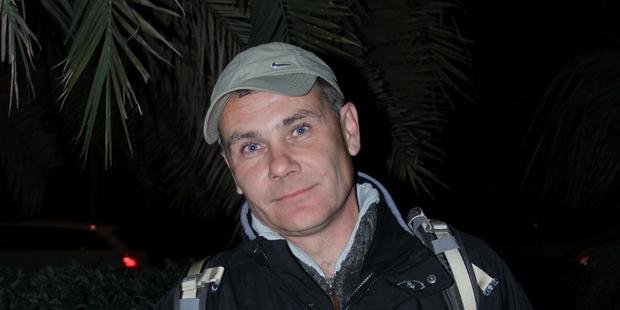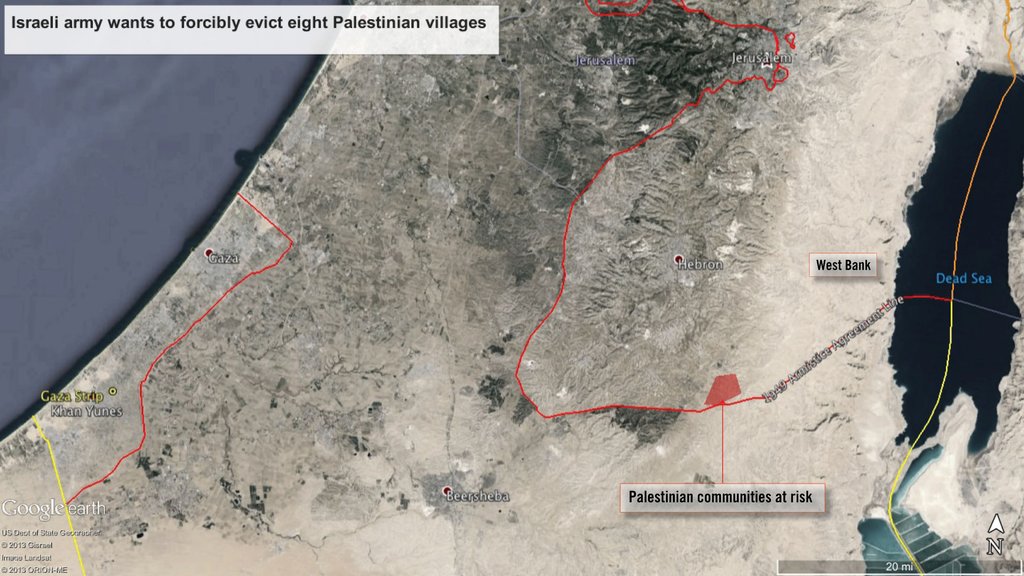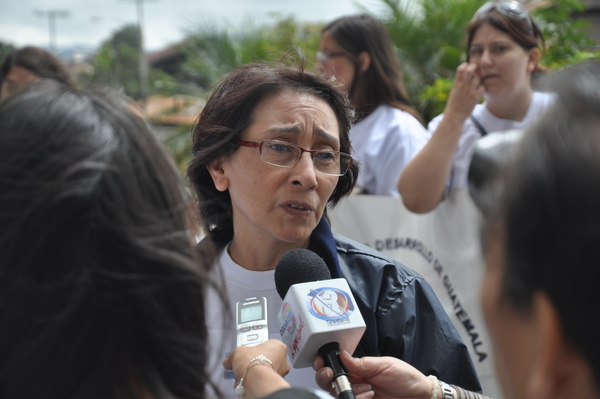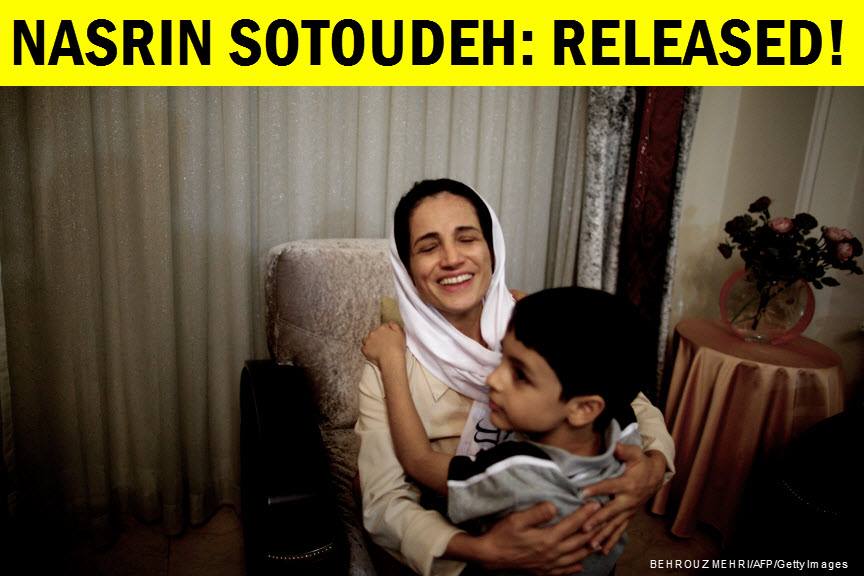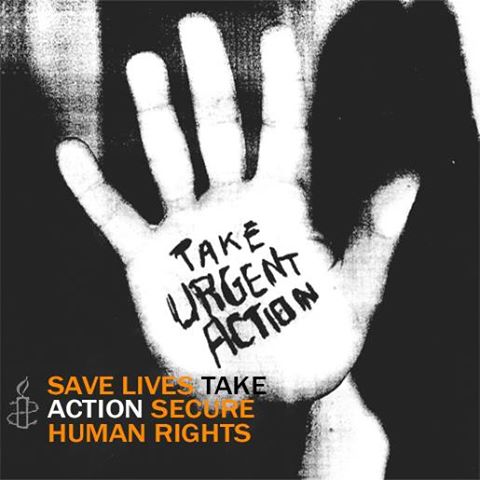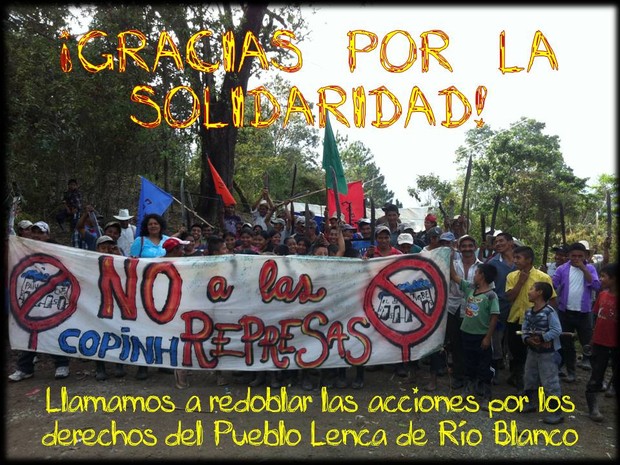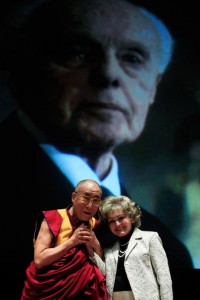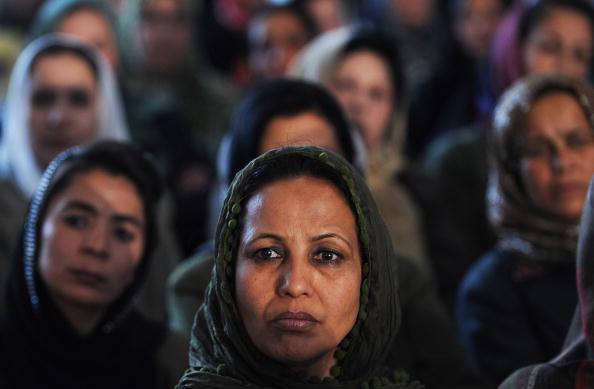
The deeply flawed Article prohibits the relatives of an accused individual from acting as witnesses during a criminal prosecution, including cases of violence against women (Photo Credit: Shah Marai/AFP/Getty Images).
President Karzai’s pen is poised to approve a revision to Afghanistan’s Criminal Procedure Code (CPC) passed by Parliament that will prove catastrophic for the ability to Afghan women and girls to seek justice when family members commit acts of violence against them. His signature could come within a week’s time.
The deeply flawed Article 26 (clauses 4 and 6) of the CPC prohibits the relatives of an accused individual from acting as witnesses during a criminal prosecution, including cases of violence against women. This would mean that testimonies of relatives witnessing the rape of a family member or an honor killing will not be taken into consideration – a major concern where violence, including domestic violence and forced or child marriage, is predominantly perpetrated and/or witnessed by family members.
